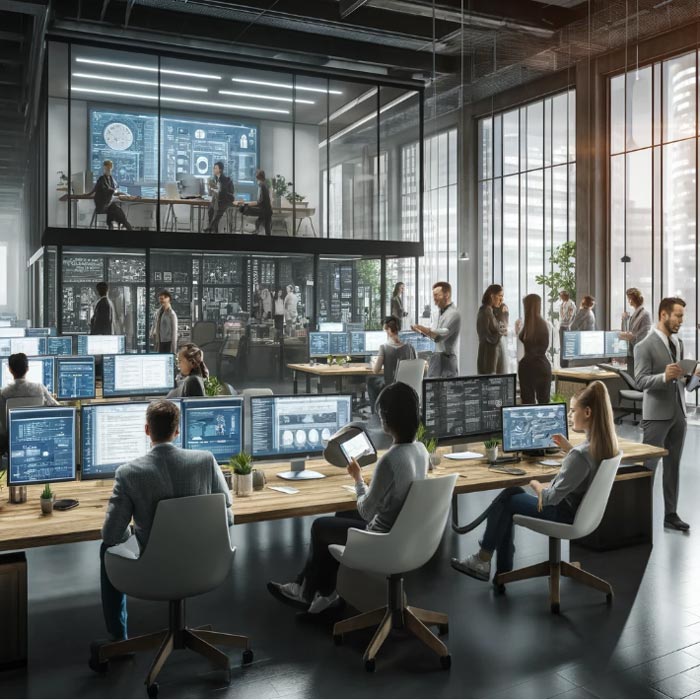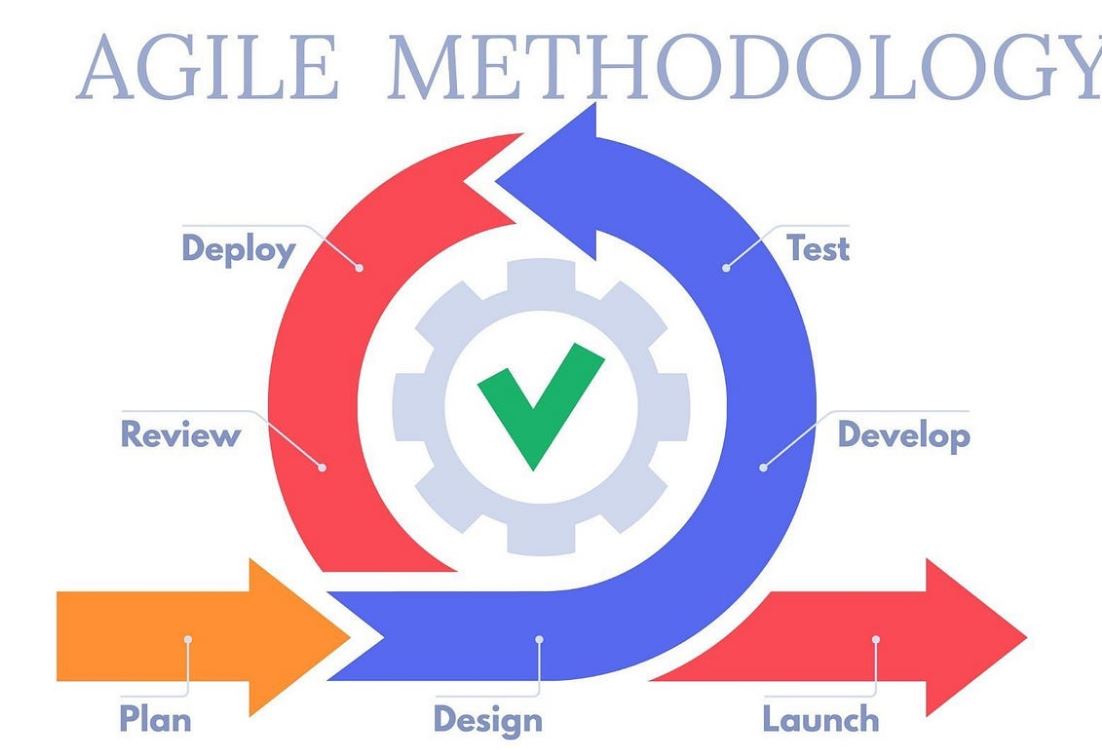![]() Free Shipping
Free Shipping ![]() Buy Now, Pay Later
Buy Now, Pay Later ![]() Eligible
Eligible
The Role of AI in Modern Recruitment Processes

In the rapidly evolving job market, recruitment remains a critical operation for businesses globally.
The advent of Artificial Intelligence (AI) is significantly transforming this domain, automating key processes such as resume screening, candidate matching, and predictive analytics. This not only streamlines the hiring process but also enhances the quality of recruitment outcomes.
Automating Resume Screening
Traditionally, resume screening has been a tedious task, requiring hours of human labor to sift through vast numbers of applications. Human recruiters can inadvertently introduce biases or errors during this process. AI revolutionizes this by employing sophisticated algorithms to scan and evaluate resumes. By analyzing keywords, educational background, and employment history, AI systems efficiently shortlist the most relevant candidates. This automation ensures a more consistent and unbiased approach. For instance, an IT recruitment agency Poland might utilize such AI tools to handle the large volume of applications they receive, enhancing their screening processes significantly.
Enhancing Candidate Matching
The cornerstone of successful recruitment is matching the right candidate with the right job. AI enhances this process by analyzing more data points than traditional methods. It considers factors such as personality traits, previous job performances, and even cultural fit, which are often overlooked in manual screening. This technology ensures that companies not only fill positions but do so with candidates who are likely to succeed and remain with the company. Companies aiming to hire developers in Estonia, for instance, often leverage AI-driven matching platforms. This not only streamlines their hiring process but significantly improves the chances of finding developers who are the best fit for specific projects.
Leveraging Predictive Analytics
Predictive analytics is another area where AI is making substantial inroads in recruitment. By harnessing historical data, AI predicts future job performance and turnover risks, enabling companies to make more informed hiring decisions. This proactive approach not only saves costs associated with bad hires but also improves workforce stability. Recruitment agencies in Poland, for example, are increasingly relying on these insights to strategize their recruitment processes, tailoring their efforts to attract and retain top talent effectively.
Practical Implications and Future Trends
The integration of AI into recruitment processes brings numerous practical benefits. It reduces the time and costs associated with hiring, improves the candidate experience by speeding up the process, and helps in maintaining a competitive edge in the job market. Looking ahead, the role of AI in recruitment is set to expand, with technologies like machine learning, natural language processing, and even virtual reality playing a part in how organizations find and engage potential employees.
Conclusion
AI is indisputably transforming the landscape of recruitment. From automating the initial steps of resume screening to enhancing the accuracy of candidate-job matches and predicting job performance, AI tools are becoming indispensable in modern recruitment strategies. As these technologies evolve, they promise even greater efficiencies and more refined approaches to recruitment. For recruiters, embracing AI is not just about keeping up with technology but about leveraging it to build a more dynamic, skilled, and stable workforce.



